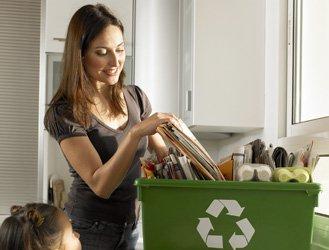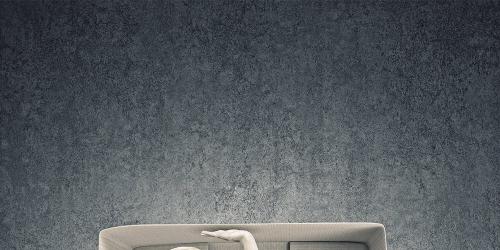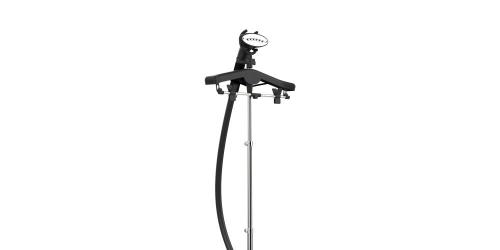Stainless steel thermos OR biodegradable bottle?
Although the plastic bottle lost 9% of its weight in 10 years (35.2 g vs. 38.8 g *) or mold in a partially plastic plant origin (Biopet), it always produces more waste that a Thermos, reusable.
Each year, more than 85,000 tons of plastic waste are sorted and not recycled **.
Eggs hard-banana OR cheese-citrus?
You can leave a peel if it turns into compost.
Citrus fruits, treated with an antifungal for their preservation, decompose half as fast as a banana peel or an apple core (6 months vs 3 months).
The wear of an eggshell provides calcium useful for plant growth, but a cheese crust does nothing but attract insects and rodents.
Cardboard dishes OR Plastic plates?
Cardboard crockery (recycled and without industrial inks) is more environmentally friendly because it is biodegradable, but its "single use" side increases the weight of household waste.
Plastic crockery (polypropylene or polyethylene) is reusable, but its washing is greedy in water, electricity and detergents. Better: bamboo, sugar cane fiber or palm, which turn into fertilizers (between 6 and 12 months) in the garden compost, or go to zero waste with the edible plate made of corn tortilla or rice cracker.***
Oilcloth OR fabric tablecloth?
Even with a cotton face, the oilcloth is PVC, which asphyxiates the end of turf on which it is laid, and phthalates that migrate in our share of quiche. Natural fibers (organic cotton, hemp or linen) allow the blade of grass to breathe.
To preserve Mother Nature to the end, one curbs his desires of "household" leaving leaves, twigs, etc. , because they limit soil compaction, release nutrients and reduce erosion caused by rain.
* Trade Union of Natural Mineral Waters. ** ADEME. *** Martine Camillieri.




